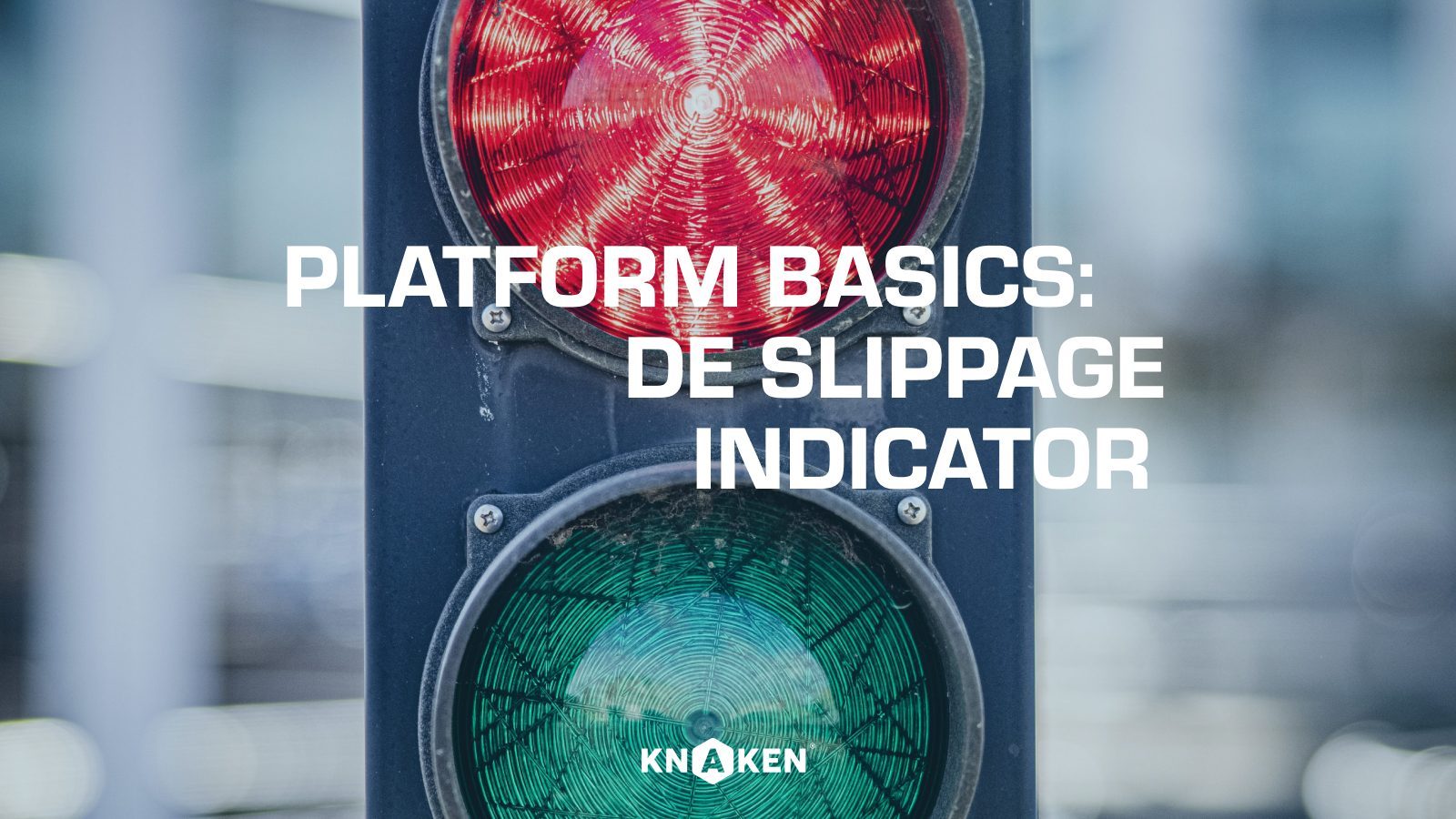

To understand slippage well, it’s important to understand how an order book works. Read below for a comprehensive explanation and also learn how to ensure you pay the lowest price for your trading order on coins like Bitcoin or Ethereum!
What is an order book?
An order book is an overview of all bid and ask prices (i.e., buyers and sellers) along with the size of the orders. This is used by exchanges to match buyers and sellers of an asset and to provide an overview of the current status of the asset. The amount of orders is referred to as volume in the financial market. The volume in the book indicates how much can be traded. When you sell a lot relative to the order book, it will lead to a falling price because supply increases without demand changing. When you buy a lot relative to the order book, it means you are buying at an average price higher than the market price.
How does an order book work?
When you want to buy or sell an asset, you use the order book to choose a price. There are two types of orders you can place in an order book: a limit order and a market order. With a limit order, you specify a certain price you want to pay or receive. Your order is only executed at this price. With a market order, the price does not matter, and the system attempts to fill your order as quickly as possible.
When do you get the slippage indicator warning?
Slippage is the difference between the price you ultimately pay and the expected price indicated. The slippage indicator indicates how likely slippage is to occur. When the indicator is in red, the chance of slippage is high. This may occur, for example, due to low volume in the order book. A relatively small order can then move the price.
You then have two options. The first is to ignore the message and execute your order with the risk of a less favorable price than indicated. The other option is to modify your order. For instance, you can spread your purchase over multiple orders, reducing the depth needed to look into the order book, which lowers the risk of slippage.
What can I do to avoid a lot of slippage?
The best way to avoid high slippage is to spread your purchase over multiple orders. Especially when it comes to small coins with low market capitalization, this is a wise approach. The downside of placing multiple orders is that you will incur transaction costs multiple times. Therefore, you need to weigh whether the sum of transaction costs is higher than the additional price you pay when you place a large order.
How do I get the best price from the order book?
To get the best price from an order book, you need to carefully examine the bids and asks listed in the order book. This usually means comparing the prices and quantities of the bids and asks to determine which are the most advantageous.
One way to do this is to look for bids and asks that are close to the mid-market price, as these are generally considered the most favorable. The mid-market price is the average of the highest bid and the lowest ask in the order book, and it represents the point at which the market is most balanced. Bids and asks close to the mid-market price are generally considered the best value as they offer a good combination of price and liquidity.
Another approach is to look for bids and asks that offer a large quantity at a favorable price. This can be particularly helpful if you are looking to buy or sell a large quantity of a certain asset. It can help you get a better price by taking advantage of the higher liquidity available in the order book.
Keep in mind that the order book is constantly changing and that the prices and quantities of the bids and asks can fluctuate rapidly. Therefore, you need to ensure your order is actually executed and be cautious when placing a market order.



Knaken Cryptohandel B.V. has applied for a MiCA license from the Netherlands Authority for the Financial Markets (AFM). This application is currently being assessed by the AFM.
Investing in crypto-related products involves significant risks.















